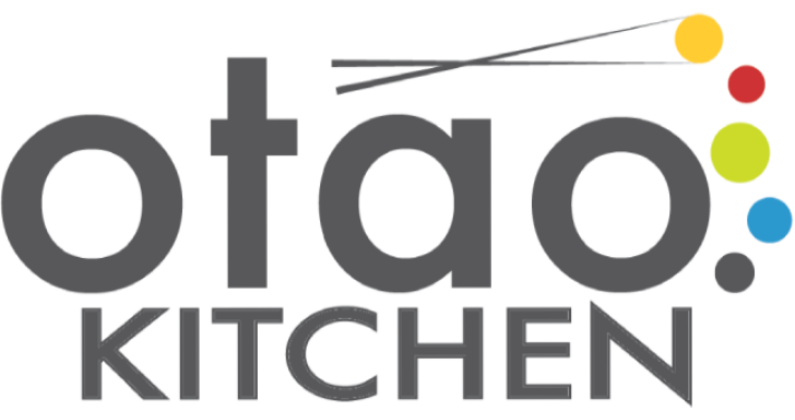
Blogs

Bringing Communities Together This Harmony Day
Harmony Day is a celebration of who we are as a community — diverse, connected, and stronger together. It’s a chance to recognise the many cultures that shape our everyday lives and to create moments where everyone feels welcome and valued.
For schools, clubs, and community groups, Harmony Day also presents a wonderful opportunity: to combine celebration with purpose. By weaving fundraising into the day’s activities, you can support a cause while creating joyful, inclusive experiences that bring people together.
Here are some creative and flexible ways to mark Harmony Day — whether you’re planning a small gathering or a large community event.
Taste the World: A Shared Food Experience
Across cultures, food is a language of connection. Hosting a shared food event is one of the most engaging ways to celebrate cultural diversity.
Invite families and community members to contribute dishes that reflect their heritage. Your event can be a relaxed shared meal, or you can turn it into a fundraiser by selling tasting portions, plates, or meal vouchers.
Global Flavours to Inspire Your Menu
From Europe
– Italian favourites like baked pasta dishes and tiramisu
– French pastries, savoury quiche, and delicate macarons
– Greek spinach and feta pastries or grilled souvlaki
– German sausages served with pretzels and mustard
From the Americas
– Mexican tacos, churros, and flavoured fruit drinks
– Brazilian cheese bread and chocolate truffles
– Canadian poutine or classic butter tarts
– American apple pie and pancakes with maple syrup
From Africa
– Ethiopian injera with lentils and vegetables
– Moroccan couscous and slow-cooked tagines
– South African bobotie and syrup-soaked koeksisters
– Nigerian jollof rice, full of spice and colour
From Asia
– Chinese dumplings, spring rolls, and bubble tea
– Indian samosas, creamy curries, and mango lassi
– Japanese sushi, skewers, and soft mochi treats
– Vietnamese bánh mì rolls and warming pho
From Oceania
– Australian classics like lamingtons and ANZAC biscuits
– New Zealand pavlova and hokey pokey ice cream
– Papua New Guinea–inspired mumu-style roasted dishes
To deepen the experience, encourage participants to share the story behind their dish, bring a written recipe, or wear traditional clothing.
Activities That Celebrate Culture (and Can Raise Funds)
Food doesn’t have to stand alone. Pair it with activities that spark curiosity, creativity, and connection.
🎨 Cultural Art Showcase
Have children or community members create artworks inspired by cultures around the world. Display them as an exhibition, or host a silent auction to raise funds.
🧡 Wear Orange Day
Orange symbolises inclusion on Harmony Day. Sell orange-themed accessories such as ribbons, wristbands, or hair ties to raise money and create a strong visual statement.
🎶 Global Beats Dance Party
Run a school or community disco featuring music from different countries. Ask for a small entry donation, sell snacks, and encourage cultural dress.
🎲 World Games Stations
Set up rotating activity stations with traditional games from different cultures — such as bocce, sepak takraw, or cornhole. Use gold-coin donations or team challenges as a fundraiser.
📖 Stories That Connect Us
Invite parents, elders, or community members to share folktales or personal migration journeys. Raise funds through the sale of bookmarks, tea, or simple snacks.
A Day That Reflects Belonging
At its heart, Harmony Day is about recognising that everyone belongs. When people come together to share food, stories, laughter, and experiences, understanding grows naturally.
With thoughtful planning and a creative approach, your Harmony Day celebration can strengthen community bonds — and make a positive impact through fundraising at the same time.
Celebrate culture. Celebrate connection. Celebrate together.

The Mid-Autumn Festival is one of the most beautiful celebrations in Asian culture—a time for family reunions, moon-gazing, and of course, sharing mooncakes. It’s a festival that’s all about togetherness, and what better way to celebrate than by hosting your own party?

Planning a bucks party and want something way cooler than just bar hopping? You’re not alone. More grooms are ditching the standard pub crawl for something more memorable—and a lot tastier. Enter: the bucks cooking class.
Gone are the days when bucks parties were just about wild nights and hazy memories. In 2025, more grooms are skipping the cliché pub crawls in favour of something fresh, fun, and actually memorable. The big trend? Cooking experiences.

Not every groom wants a wild night filled with pub crawls and questionable decisions. These days, more guys are looking for a bucks party that’s still fun, but with a touch of class. Think amazing food, hands-on experiences, craft drinks, and great company—without the hangover.

Planning a group activity for the boys can get tricky. You want something fun, memorable, and a little different from the usual pub night or awkward group dinner. Whether you're organising a bucks party, a birthday bash, or just a weekend catch-up with the crew, you want something that guys will genuinely enjoy.
